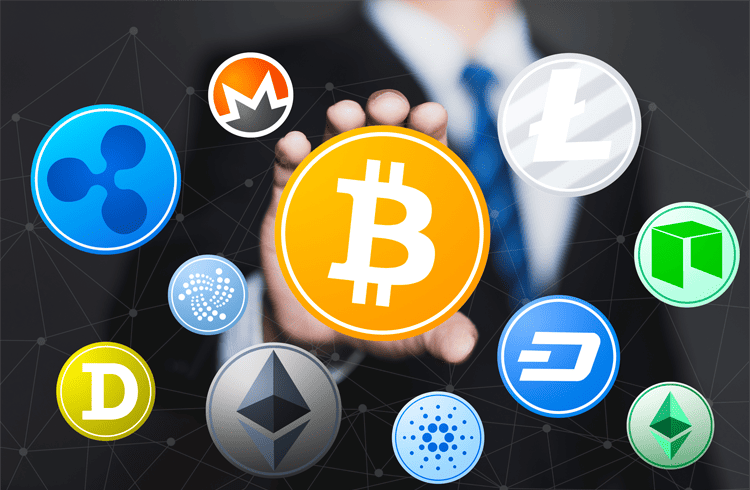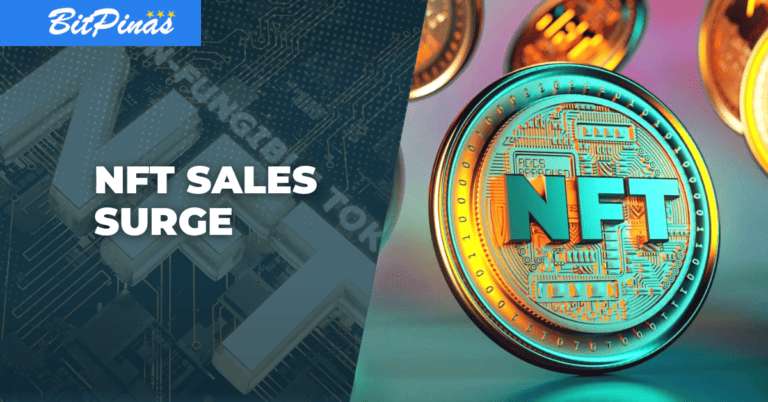BSP Director Describes the Myths and Truths about Cryptocurrencies
Is it endorsed? Is it legal tender? BSP Director Melchor Plabasan describes the 3 common myths about cryptocurrencies.

During the Digital Transformation Series 2018: Fintech and Blockchain Innovation Summit, Mr. Melchor Plabasan, Deputy Director of Bangko Sentral ng Pilipinas shared the myths and truths about cryptocurrencies in relation to the Philippine Central Bank.
Myth 1: Cryptocurrencies are legal tender and shall soon replace fiat currency.
“No it’s not, it’s not legal tender. It’s not backed by the government. It will take a while before it replace fiat currency.”
Truth: Cryptocurrency is not backed by a central government
Mr. Plabasan noted that the lack of government backing is proof that it is not legal tender. In addition, it is not stable. Lastly, it still does not have widespread acceptability.
Myth 2: Cryptocurrencies are bad and are only used of illegal activities
“Our approach has always been, it’s either bad or good. It’s the function of the intent of owners who have access to the fiat currency or cryptocurrency.”
Truth: It is neutral
The director noted that currency being good or bad depends on how the owners will use it.
Myth 3: Bangko Sentral ng Pilipinas endorses cryptocurrencies
“We are more regulatory than prohibitive.”
Truth: Bangko Sentral ng Pilipinas (BSP) does not endorse.
BSP always aims for the public’s safety. The regulator is “more regulatory” to protect Filipinos and the country against people who want to take advantage of it. This is also the reason why they require Coins.ph, Bitbit, Abra, etc to do a simplified KYC to filter people and ensure that their platforms are not used for illicit activities.
Mr. Melchor Plabasan is a Certified Public Accountant and a Certified Information Systems Auditor. Currently, he is the Deputy Director and group head of the Core Information Technology Specialist Group within Bangko Sentral ng Pilipinas.
![[Segwit2x Cancelled] The Battle for Bitcoin's Future is Over, For Now 2 [Segwit2x Cancelled] The Battle for Bitcoin’s Future is Over, For Now](https://bitpinas.com/wp-content/uploads/2017/11/segwit2x-suspension-3.jpg)




